A Few Happy CRASH Collaborators
disability supports organizations are not listed to protect clients served
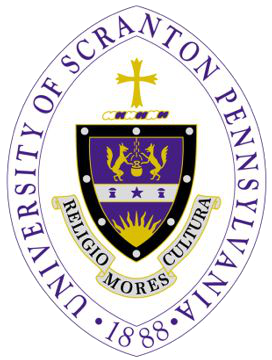
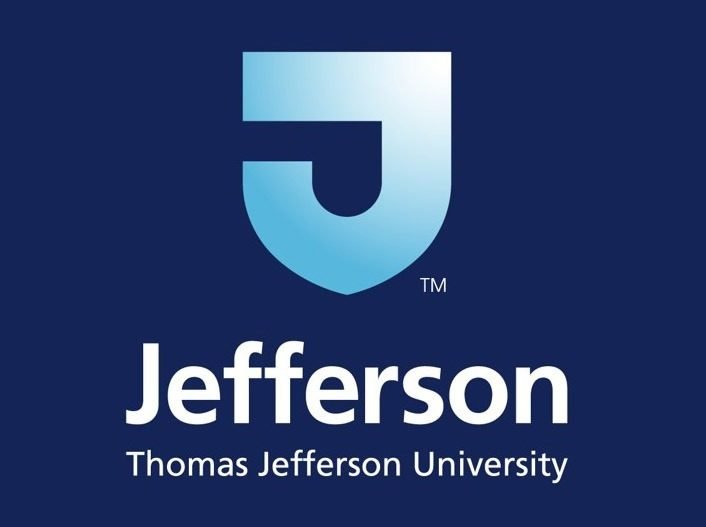




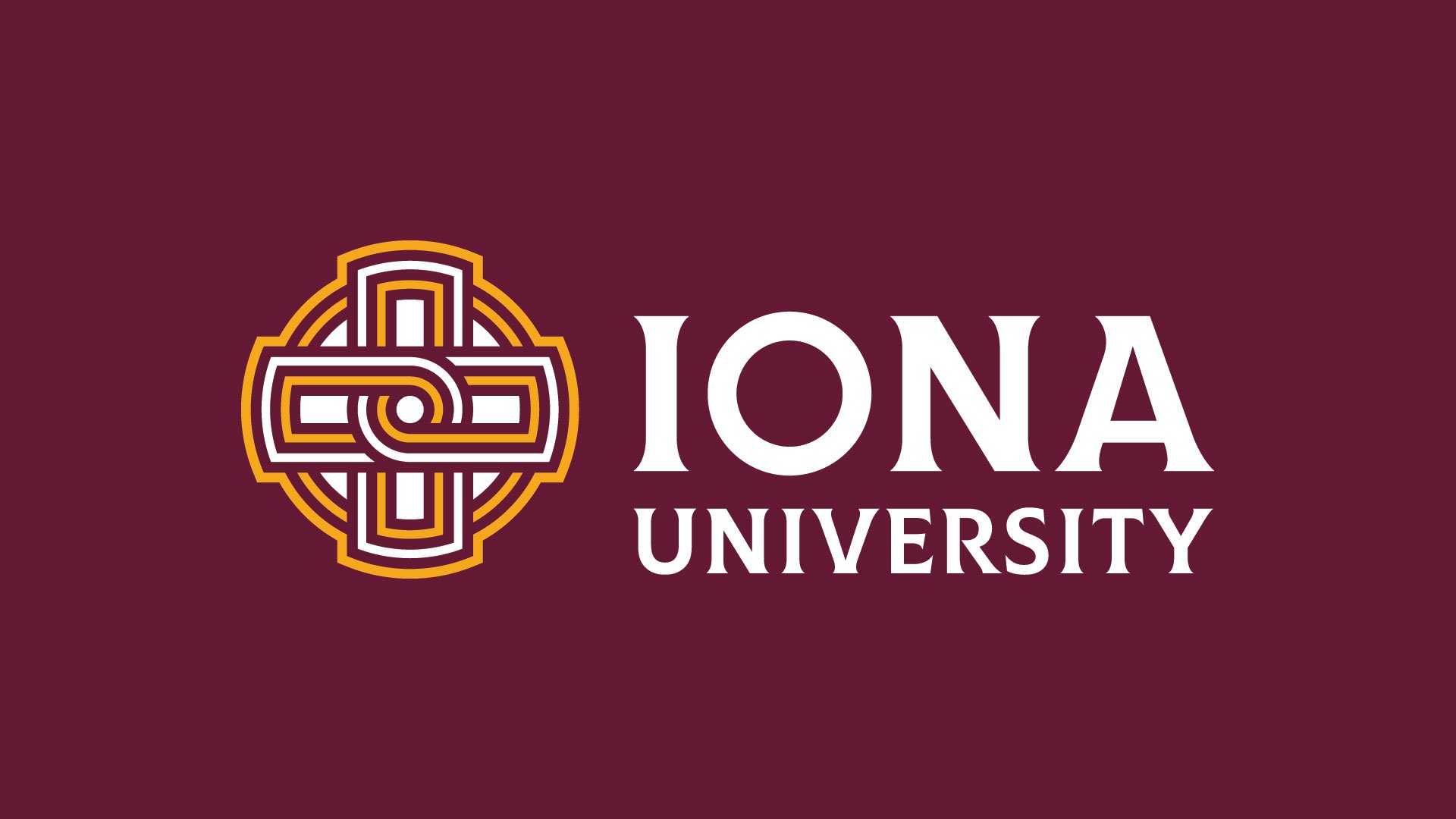




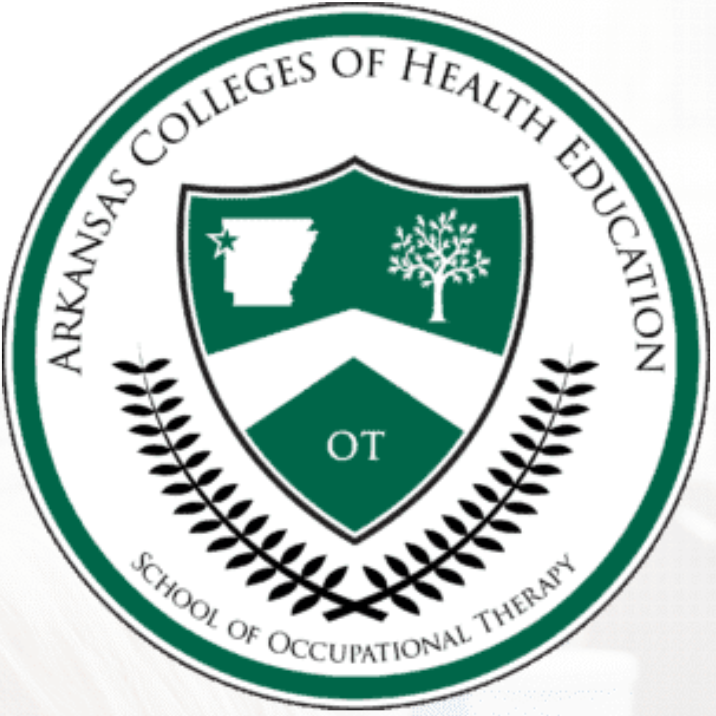







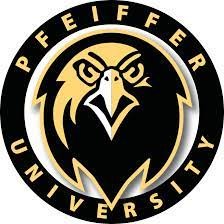

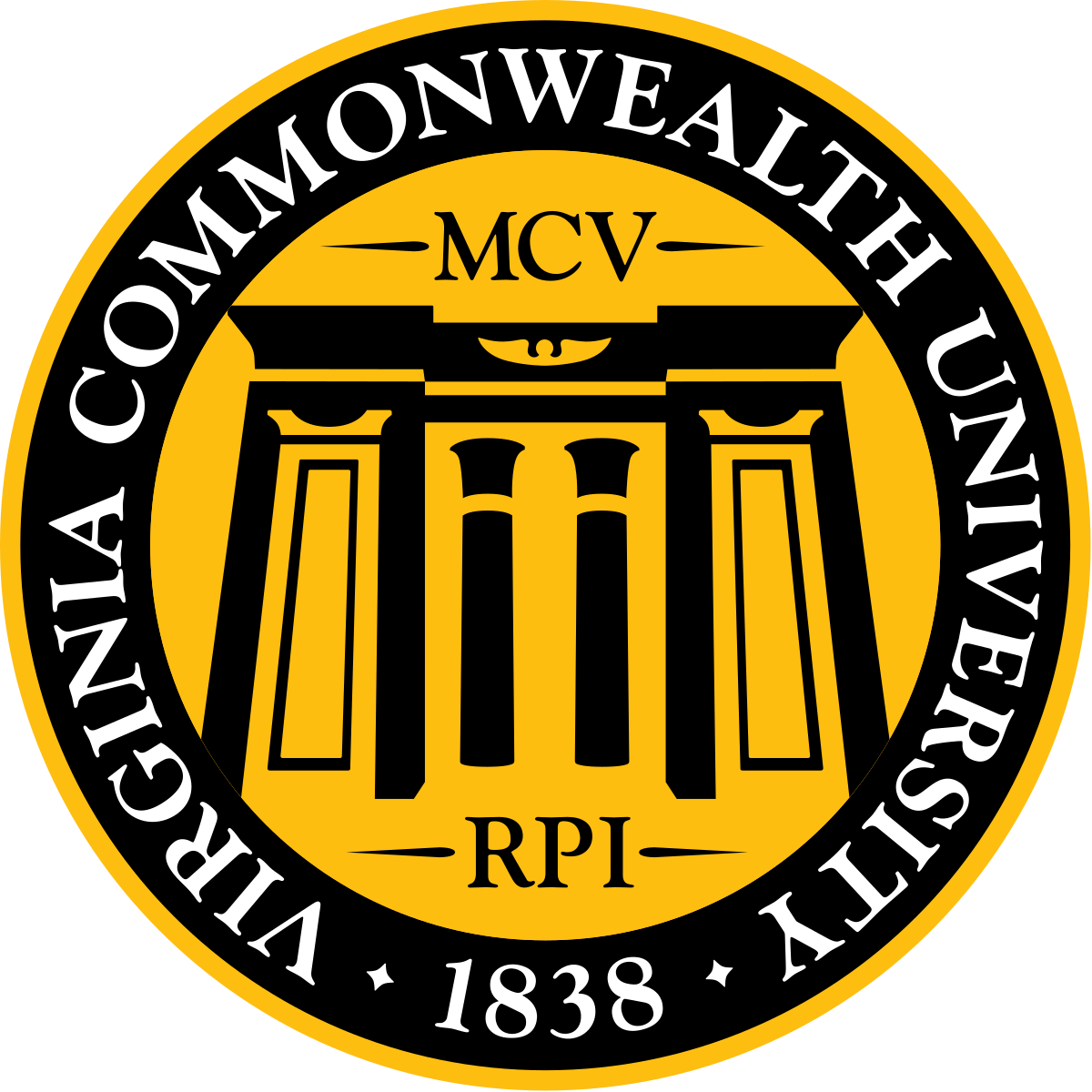
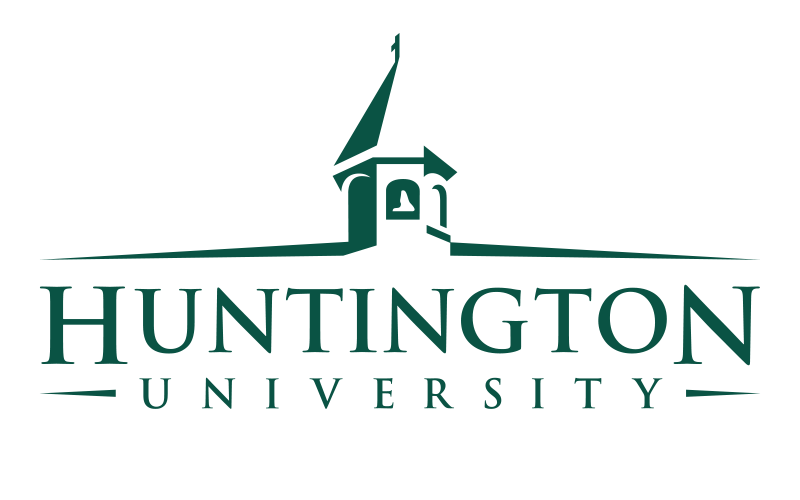

Testimonials
“Literally everything in her presentation was beneficial. Her emphasis on the intersectionality of occupational therapy and, especially, the privilege inherent in the profession’s demographics.”
“This presentation was imperative for all to hear. It is extremely important to discuss occupational therapy in a political context, as our values as a profession are directly correlated to the current political climate. Though this conversation might be uncomfortable for some, these topics are important to hear regardless. Growth happens when we move out of our comfort zone.”
“She addressed so much in a natural way, especially ‘hot topics.’ Casual and to the point!”
“Kayla is doing her part to address a gap in occupational therapy. I would recommend keeping this presentation for classes in future years.”
“I feel as if my knowledge on this topic has increased tenfold! I feel much more confident in my ability to be able to assist clients in sexual interaction, healthy relationships, and more in the future. “
“Kayla was great seminar presenter. One of the things I found most beneficial about her seminar was her personal clinical experiences. She talked about
many different situations she had personally encountered about problem solving on her feet, ethical dilemmas, and keeping yourself as a clinician safe.”
“Kayla was extremely knowledgeable about this topic, so that was a main take‐away from this course. She filled in the gaps that our classes have left us with regarding this topic which was really beneficial. “
“This seminar had many great takeaways. One is the statement "noting about us without us". This stance is especially important when working with communities with disabilities, neurodivergence, and other medical conditions. In order to best serve these communities, we must listen to individuals about their personal experiences and ways to refer to them.”
“While some people may prefer person‐first language others may like identity‐first language better. This also got us into the conversation of media portrayal and how Hollywood utilizes an archetype of people that don't fully represent what it is like to live with that diagnosis. This can lead to stigmatization of groups as well as feelings of being unrepresented. Most of the time, especially with autism, these characters are played by neurotypical people instead of autistic people who are capable of performing in these roles. Having our future clients be at the center of treatment and allowing them to feel heard is one of the most important factors in building better therapeutic relationships.”
“I learned the importance of making my clients aware of consent through all aspects of the therapy session, not just when we are specifically meaning addressing it. Whether the client is of a neurodivergent population or not, consent is a key aspect in life that all people require education on. If the client has a condition or disability that has made it difficult for them to have learned the topic in the past or they simply were never given any information on consent, it is our jobs as OTs to stress its importance, for both sexual and nonsexual interactions”
“I now know how to appropriately respond to neurodivergent populations when discussing building healthy relationships with peers.”
“We have not gotten the opportunity to really talk about the connections between sexuality and healthy relationships. I was able to learn so much more about neurodiversity and their image in society, as well as how to work on healthy relationships.”
“One of the most beneficial take‐aways I felt I had from this course was knowledge about this subject area. I feel this tends to be an area of practice that is not directly addressed frequently throughout the program, and one of the biggest things I learned was all the complexities that can be involved when addressing relational and sexual health with clients, and the potential legal and ethical considerations that may come with addressing this population and practice area.”
“One take‐away I have from this seminar is a greater understanding of the concept of guardianship. If someone is deemed incompetent due to illness, injury, or intellectual disability, they have a few options regarding their guardianship once they reach the age of consent. If they are their own guardian, they have full autonomy of their own decisions, but would be held fully responsible for any crimes or mistakes in their life. If someone else is their guardian, they lose their own self‐government but are more protected from possible dangerous decisions or crimes committed. An alternative plan is a combination of legal documents that allocates various responsibilities such as medical and financial control to the person and someone else, but this is an expensive and complicated process.”
“I have learned a lot about how sexual relationships with neurodivergent populations have multiple aspects that must be considered prior to engaging in a sexual relationship. We spoke a lot about guardianship and conservatorship which can impact an individual's ability to have sex, and to have a child if they wish to. As well, we talked a lot about consent and especially consent in relation to people with intellectual disabilities and neurodivergence impacting cognition. I feel this is very important to know as an OT so that you can help your future clients and help they maintain healthy and legal sexual relationships if they desire.“
“One beneficial take‐away that I received from this course was the importance of OTs role and the ADL of sex with individuals who are neurodiverse. For those who are neurodiverse, relationships and sex can be very tricky to navigate. Many times their parents or other individuals do not realize that they want those normal experiences as well. Therefore, it is important that neurodiverse individuals are aware of different types of relationships, consent, safe sex, and other related topics. As OTs we have a duty to educate our clients so they have all the information necessary as well as work on ADLs which sex falls under.”
“One beneficial take‐away from this course is how to concretely talk with my clients about sexuality. I learned so many different ways to address the topic without it being uncomfortable for myself or my clients. I also learned so much about the importance of consent and boundaries with this population and in general as a future practitioner. An important part of the OT profession is inclusion. Before this seminar, I did not feel comfortable or have the best idea on how to ensure inclusion, but after this seminar I feel I am equipped to be more inclusive. I believe I learned the importance of stepping outside my comfort zone after this seminar. We talked about a lot of things that are sometimes awkward to talk about out loud but Kayla challenged us to open up and say uncomfortable things out loud in order to practice how it may be with our future clients.“
“Sexuality as an ADL is not something we talk about in depth in our current curriculum. This seminar gave me a better understanding on how to address this occupation with all clients, not just with neurodivergent populations. One beneficial takeaway from this course would be that in order to have a healthy relationship with someone else, you have to have a healthy relationship with yourself first. When working with a client, it is important to address self care and family/friend relationships before exploring intimate relationships and sexuality.“
“This course has widely expanded my knowledge and understanding of OT in sexual health counseling and with relationships. I understand now the importance of education on consent, appropriate relationships and behaviors, and adaptations for sex. As well, we do not learn a lot about sex in our program and how OTs can assist, so this seminar greatly improved my knowledge and understanding of OTs in this field. One thing that surprised me was when we discussed guardianship/conservatorship in relation to birth control, sterilization, and reproduction. I had little knowledge of parent's rights/ability to determine birth control and if their child should be sterilized if they have guardianship/conservatorship of their child.”
“This course has expanded my understanding of OTs role when dealing with neurodiverse individuals who are older. Typically we learn about the pediatric side of neurodiverse individuals. However it is equally as important to learn how OT sessions look like with neurodiverse adults who are out navigating the world. Kayla was able to explain what her role was in her clients therapy and it was different from the OT we learn about in class with the neurodiverse. I think what surprised me the most was how open and honest her clients are with her about topics such as sex and relationships.”
“I was able to take away so much knowledge on how sex is an ADLs and us as OTs we need to focus on that too. We looked at how the conversations can start, what adaptations can be used and the psychosocial connections between all of it.”
“This course gave me a better understanding of how to address sexuality/sexual relationships with clients. A lot of intervention relating to sex as an ADL is educating the client and their families. A lot of times parents or caregivers do not want their adult child to participate in sexual relationships so it can be difficult trying to get them to understand the benefits and independence it can give the client. A strategy to help educate the parents can be providing them with statistics related to safe sex and showing them the benefits it can give their child when done safely. “
“This seminar course helped me expand my understanding of neurotypical adolescent and adults and how to address sexuality and relationships with them. I have never learned anything about this age group in relation to sexuality and in general never knew how to address this topic with any possible clients. I learned how this population may address or struggle with relationships and their sexuality through Kayla's real life stories and case studies. I think what surprised me was how much this population/age group may open up to you about sexuality and how unique of a role we can have as occupational therapists in ensuring a safe space for our clients.”
“In our classes so far, we always talk about how sex is an ADL and that we should be addressing it, but we never learned how. Kayla taught us that this weekend, and I will be taking that with me to future clients. She also talked about advocating for your clients regarding this topic. Often, neurodivergent people are expected to not have feelings about this topic and if they do ask questions, they are often overlooked. Educating them on safe practices and how to ask questions appropriately is vital.”
“Everything about the information that we learned this weekend surprised me and it was great. We do not have any curriculum on an OT's role in these situations and I think this mostly has to do with the fact that sex has just recently been recognized as an ADL. As OT continues to thrive and expand I hope more about sex as an ADL, interventions, and our role in promoting sex positivity is added to the curriculum. “
“I felt this seminar benefited me greatly for my future career as an OT. Although I was aware that sex is an ADL and it is important to treat sexual health, I have always been hesitant in how to approach the subject with clients. Kayla did a great job explaining concrete ways to incorporate sexual health and education into treatment sessions. One thing that surprised me is how often Kayla described her clients experiencing sexual dysfunction. It is more common than I expected, and definitely a necessity to address with clients. “
“This course has helped me to understand the complexities of addressing relational and sexual health with clients and has raised my awareness of the variety of areas of concern for OT. I was also able to expand my general knowledge about this practice area and potential interventions, including adaptations and equipment. Ms. Concannon was extremely oriented towards what concerns we had regarding this practice area and was sure to address everything that we wanted to learn. “
“I was surprised to know how much we can intervene and educate on building healthy relationships. “
“Sexual activities listed as an ADL in the OTPF-4 barely scratches the surface for OTs to have an understanding on the topic. It is vital for us to educate ourselves on how to address this ADL with our clients in order to start the conversation. It can be awkward and uncomfortable but it is vital for us to be informed on sex positivity in order to be client‐centered. OTs can do so much for people and sex education is often a necessary aspect of people's lives that does not get addressed when the client very well could benefit greatly from a conversation.”
“Often in classes, we learn about the importance of ADLs and how it is our job to help people function more independently. However, we haven't really gone into depth about the ADL of sexual activity. This seminar helped me to learn more about ways we can help clients with physical disabilities, intellectual disabilities, and neurodivergence. We learned more about the concepts of consent, boundaries, guardianship, learned compliance, expected vs unexpected behavior in various relationships, adaptive equipment, and ways to navigate ethical dilemmas. Especially working with adolescents and young adults one of their concerns may have to do with sex and the OT may be the only person they feel comfortable discussing this topic with. Knowing more about how to help these clients has made me feel more comfortable in my role as an OT vs being caught off guard when the questions arise in the future. For all age groups, it is important to be able to talk about safety in regard to sex and establish boundaries between therapist and client. This seminar helped me to be better prepared for the more "uncomfortable" topics.”
“Before this, I knew it was something we addressed, but didn’t know how to actually do it. The section on how to adapt sexual intercourse was probably my favorite, and gave me a lot of concrete ways to help. “

